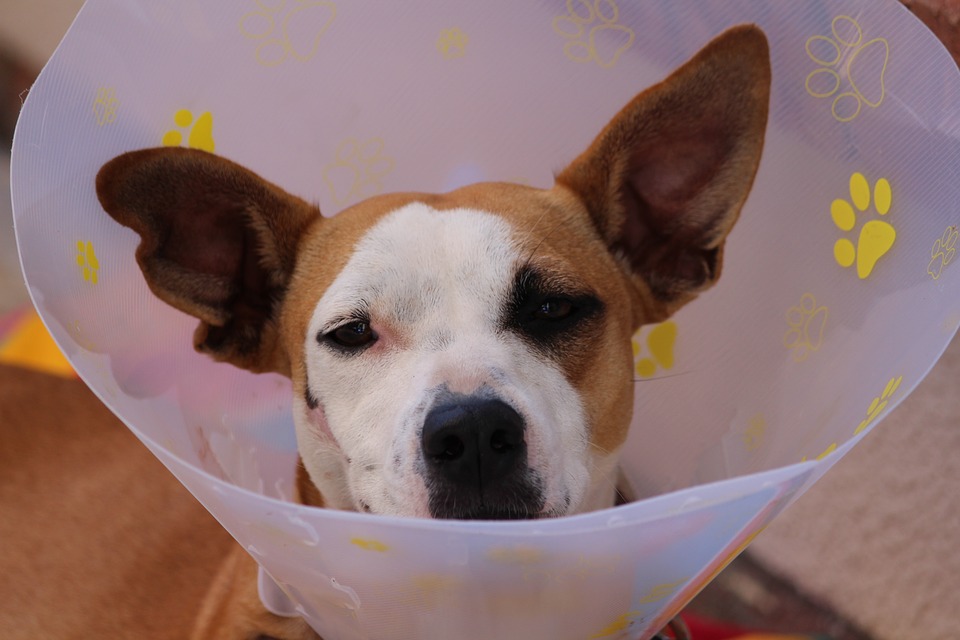WHO IS TREATING YOUR PET?

Looking for pet health advice?
Where do you go when you want pet health advice? Google, the pet shop, a book, your dog groomer, the vets?
It has never been easier to look for information on pet health and care, but how do you know which sources to trust, and who is allowed to treat your pet?
Your vet is your pet’s second best friend!
Your vet really does have your pet’s best interests at heart. Your vet should be your first port of call if your pet is unwell. All veterinary practices in the UK will have a vet or veterinary nurse to deal with your queries 24 hours a day (though this may be via an emergency clinic at night or weekends).
Some insurance companies offer access to a telephone or video triage service which can advise you on how urgent the problem is, and Veterinary Poisons Information Service have a line for owners worried their pet has eaten something toxic.
Your veterinary practice website might also have pages on a range of illnesses and symptoms.
Online support groups can be useful
Your vet may suggest an on-line support group or website for your pet’s condition. When these are run by vets, nurses, or even drug companies you can be sure of getting great advice. Be more careful with owner run groups as sometimes these are sources of poor, unqualified advice.
Who can help me treat my pet?
ONLY A VET!
Only a qualified vet can make a diagnosis or supply medicines for your pet. Recommending supplements and diets is a grey area, and you should consult your vet before making any changes.
Vets will often work with paraprofessionals including hydrotherapists, physiotherapists, and behavourists. But the buck always stops with the vet!
What about homeopathy and zoopharmacognosy?
Yep, even those must be done by a vet or under the instruction of a vet unless you are treating your own pet.
There are many vets offering a natural or holistic approach to veterinary care.
Why? Is it all about big pharma?
No, it’s all about animal protection. Animals are not little humans. They can react to chemicals in a very different way to humans. They also can’t communicate their needs or consent to treatments. Vets are trained and entrusted to make a diagnosis and choose the best treatment paths with the pet’s owner. Despite concerns, the RCVS has not banned vets from using complementary treatments, it just expects us to have considered all options and to have discussed the evidence for each treatment with the owner. Informed consent. We are also not allowed to make wild unsubstantiated claims about treatments. We have to do 35 hours of extra training every year to stay up to date. We have to be insured and pay for the RCVS to regulate us. If we suggest an unproven treatment which harms your pet without explaining the risks (be that conventional or complementary) or make an avoidable error in diagnosis… you have some comeback against us. Try taking an internet supplier with no registered address to court…